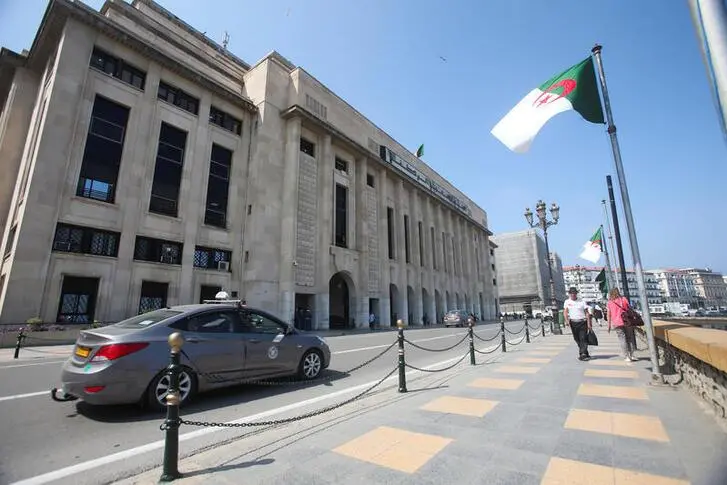PHOTO
ALGIERS - Algeria's parliament on Thursday passed reforms allowing foreign investors for the first time to have full ownership in projects involving non-strategic sectors as the OPEC member seeks to develop its non-energy output.
Lawmakers also approved the 2021 draft budget which projects a rise in deficit despite a better growth forecast for the North African country's oil-reliant economy.
The reform and the budget bill will need to be signed by President Abdelmadjid Tebboune, who was flown to a German hospital a month ago after testing positive for COVID-19.
Under the reform, foreigners will not need to partner with a local investor to carry out projects, a move that authorities hope will attract foreign businessmen who have stayed away over the past years due to a bad investment climate.
That step follows a government move early this year to remove a rule limiting foreign ownership to a 49% stake.
Algeria's strategic sectors include mainly oil and gas, mining, transportation infrastructure such as railways, ports and airports, as well as the pharmaceutical industry.
"We want to boost investment and diversify the national economy," Finance Minister Ayman Benabderrahmane told parliament after the vote.
Attempts to improve the business climate for foreigners is part of wider reforms aimed at easing a reliance on oil and gas, which account 60% of the state budget and 94% of total export revenue.
Energy earnings have significantly dropped because of lower global crude prices, widening the country's budget and trade deficits.
The government expects the budget deficit for 2021 to reach 13.57% of gross domestic product, up from 10.4% forecast for this year.
The widening deficit has been caused by a 10.04% rise in public spending to cover a 4.3% increase in subsidies, for projects in remote areas and to cope with additional expenditure to combat the financial impact of the coronavirus pandemic on firms.
"This bill is focused on helping vulnerable classes despite the country's financial difficulties," said lawmaker Bouhafs Houbad.
The economy is expect to grow 4% next year after shrinking by a forecast 4.6% in 2020, with the government hoping oil and gas exports will climb 9.9% from this year.
(Reporting by Hamid Ould Ahmed; Editing by Bernadette Baum) ((hamid.ouldahmed@thomsonreuters.com;))





















